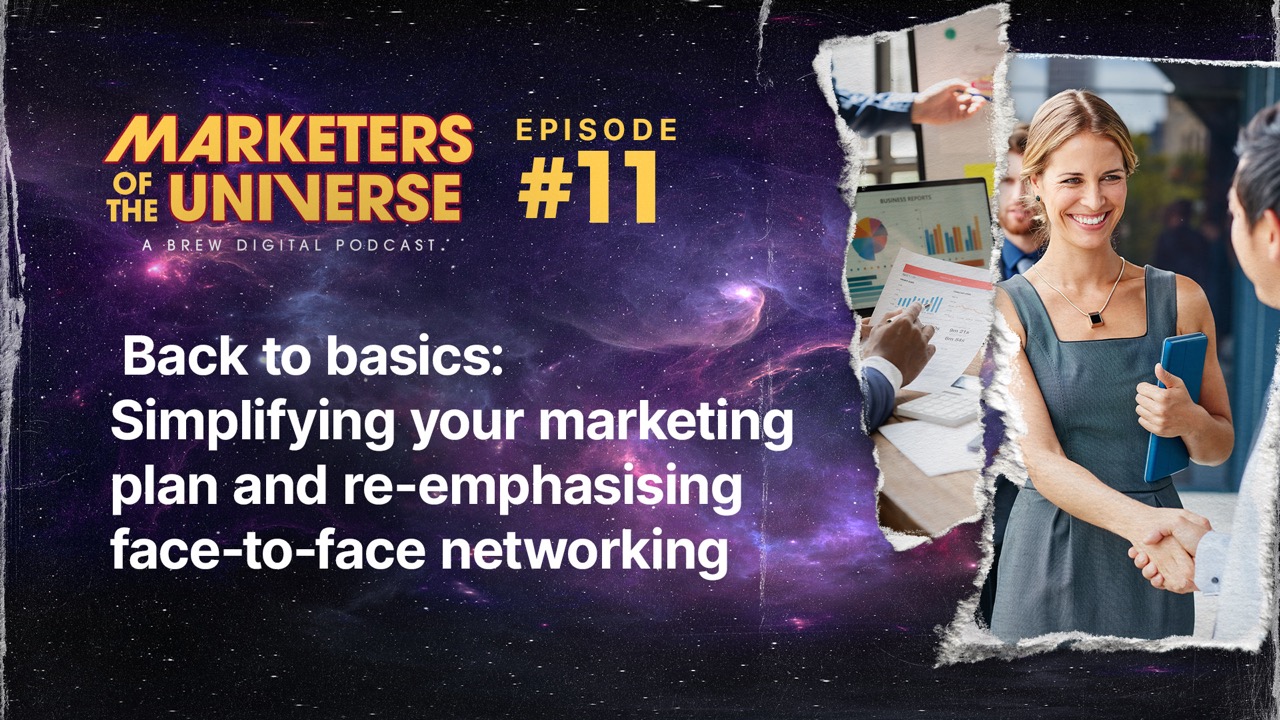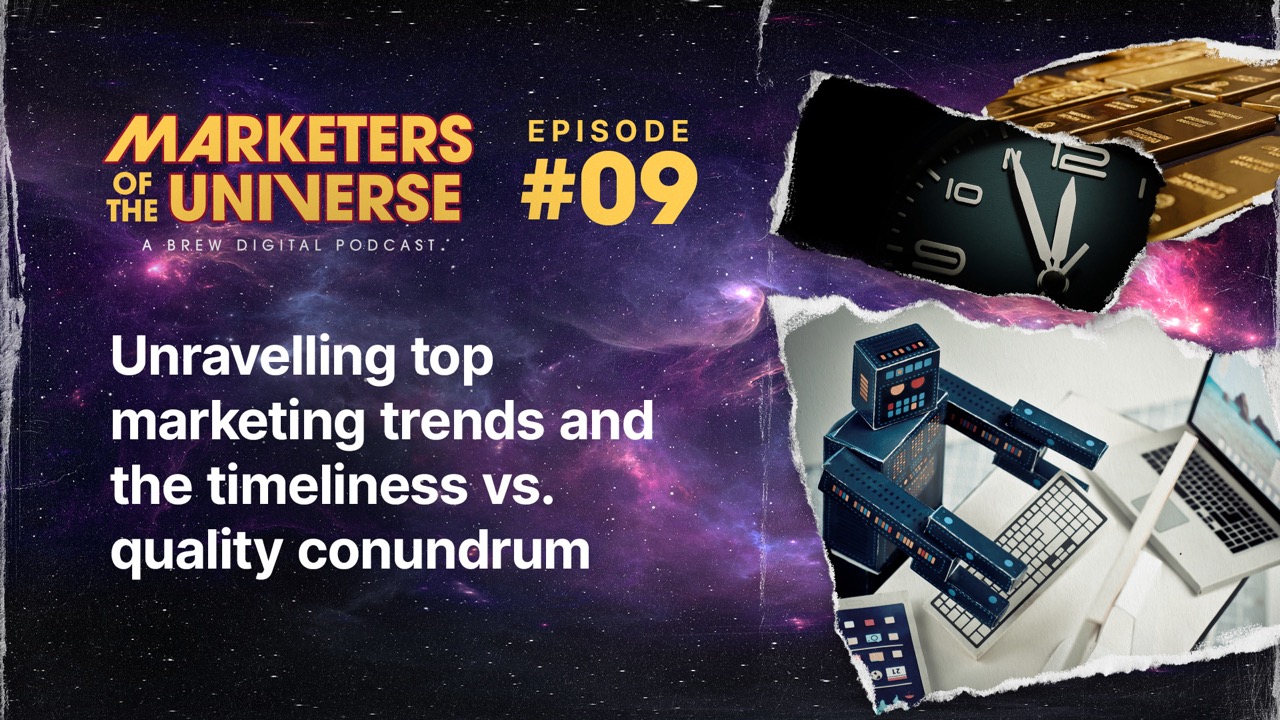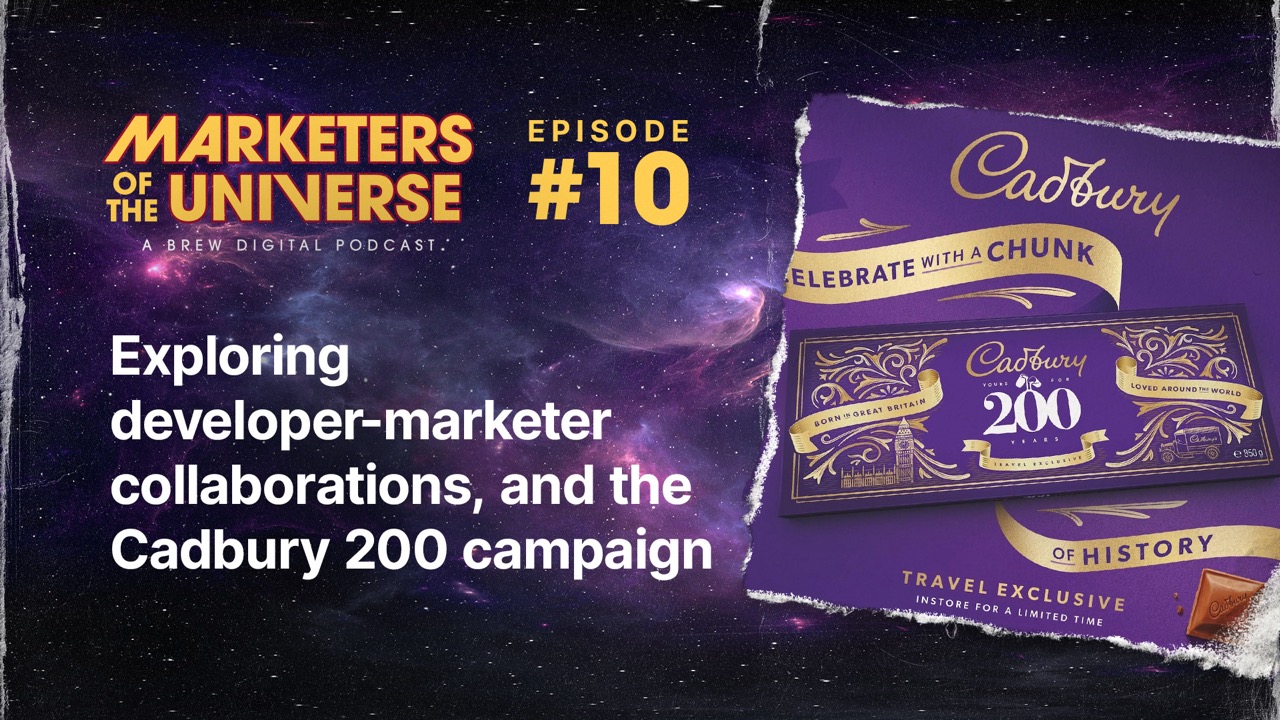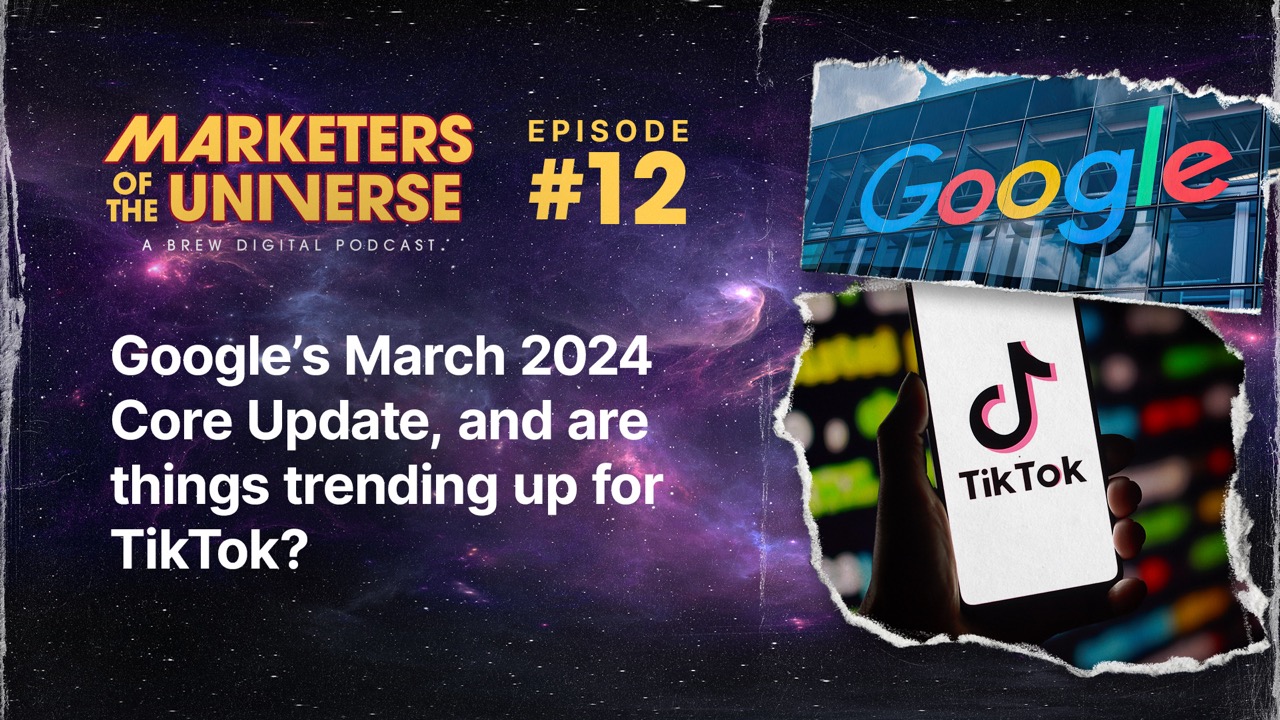B2B digital marketing can seem daunting, but understanding its core principles and strategies can set your business up for success. From grasping the fundamental differences between B2B and B2C marketing to recognising the importance of digital marketing for B2B companies, there's much to learn. Successful campaigns hinge on strategic content marketing, SEO, and leveraging platforms like LinkedIn. Additionally, partnering with a B2B digital marketing agency like Brew Digital can amplify your efforts, providing tailored strategies and insights to drive growth and build meaningful business relationships. Whether you're new to the scene or looking to refine your approach, this starter guide will help you with the basics of B2B marketing.
What is B2B digital marketing and how does it work?
B2B digital marketing, or business-to-business digital marketing, involves promoting products or services from one business to another using online channels. It works by leveraging platforms like LinkedIn, email marketing, and content marketing to reach decision-makers within other companies. The process often begins with identifying target businesses and understanding their needs. From there, companies create tailored content, such as white papers, case studies, or webinars, to engage and inform potential clients. SEO plays a crucial role in B2B digital marketing by ensuring that this content is easily discoverable online. Additionally, paid advertising can be used to target specific demographics and industries. Analytics tools help track the effectiveness of campaigns, allowing businesses to refine their strategies over time. Ultimately, B2B digital marketing aims to build relationships, generate leads, and drive sales within the business sector.
Differences between B2B and B2C digital marketing?
B2B digital marketing, or business-to-business marketing, involves promoting products or services to other businesses. In contrast, B2C digital marketing, or business-to-consumer marketing, targets individual consumers. The differences between B2B and B2C digital marketing are important for shaping your approach. B2B marketing usually involves a longer buying process with multiple decision-makers, so the content is often detailed and informative, like whitepapers and case studies. B2C marketing, however, aims to quickly capture consumers' attention through engaging social media posts or striking ads. B2B marketers often use LinkedIn to reach a professional audience, while B2C marketers might prefer Instagram or Facebook for their broader reach. Furthermore, B2B campaigns focus on building relationships and trust, whereas B2C campaigns aim for immediate sales. Understanding these distinctions helps ensure your digital marketing strategies effectively resonate with your target audience.
Why is digital marketing important for B2B companies?
Digital marketing is crucial for B2B companies because it enables them to reach and engage with their target audience effectively. In today's digital age, decision-makers within businesses often research online before making purchasing decisions. By leveraging digital marketing, B2B companies can increase their visibility and credibility through tactics like SEO, content marketing, and social media. These strategies help in showcasing expertise and building trust, which are essential in the B2B buying process. Additionally, digital marketing for B2B companies allows for precise targeting, ensuring that marketing efforts reach the right audience at the right time. It also provides valuable data and insights, enabling companies to refine their strategies and improve ROI. Ultimately, digital marketing is a cost-effective way for B2B companies to generate leads, nurture relationships, and drive sales in a competitive market.
What are some top strategies for successful B2B digital marketing campaigns?
Creating successful B2B digital marketing campaigns requires a strategic approach. Here are some top strategies to consider:
Understand your audience: Develop detailed buyer personas to tailor your content and messaging to the specific needs and pain points of your target businesses.
Leverage content marketing: Use informative content like whitepapers, case studies, and webinars to demonstrate expertise and provide value to potential clients.
Optimise for SEO: Ensure your content is easily discoverable by optimising it for relevant keywords, enhancing your visibility in search engine results.
Utilise LinkedIn: As a professional networking platform, LinkedIn is ideal for B2B marketing. Share valuable content, engage with industry groups, and use targeted ads to reach decision-makers.
Email marketing: Build and nurture relationships through personalised email campaigns, offering insights and solutions tailored to your audience's needs.
What does a B2B digital marketing agency do?
A B2B digital marketing agency specialises in helping businesses market their products or services to other businesses through digital channels. These agencies offer a range of services tailored to the unique needs of B2B clients. They begin by understanding the client's business goals and target audience, then develop a customised digital marketing strategy. This can include content creation, such as whitepapers and case studies, to showcase expertise and engage potential clients. They also focus on SEO to improve online visibility and ensure content reaches the right audience. Additionally, a B2B digital marketing agency might manage social media campaigns on platforms like LinkedIn, where they can connect with industry professionals. They also utilise email marketing to nurture leads and build relationships. Throughout the process, the agency analyses campaign performance, providing insights and adjustments to maximise ROI and drive business growth.
How do I brief a digital marketing agency?
Briefing a digital marketing agency effectively is crucial for ensuring your campaign's success. Start by clearly defining your objectives and the specific outcomes you hope to achieve, such as increased brand awareness or lead generation. Provide a detailed overview of your target audience, including demographics, preferences, and pain points, to help the agency tailor their strategies. Share insights into your brand's unique selling points and any previous marketing efforts to give context. Outline your budget and timeline to set realistic expectations. Additionally, communicate any specific preferences or requirements regarding channels, messaging, or creative elements. By providing a comprehensive and clear brief, you enable the agency to develop a strategy that aligns with your goals and maximises your marketing investment.
For more information, check out our guides on creating a brief for a digital agency, and creating a scope of work document.



